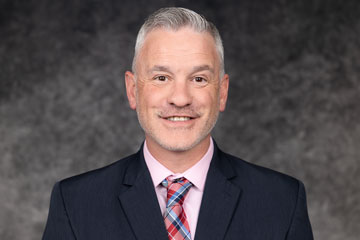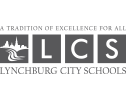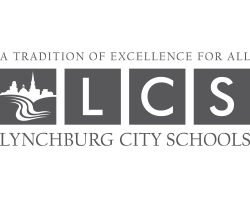The Department of Student Services supports every student’s educational journey by promoting their social, emotional, mental, and physical well-being. The department provides counseling and mental health services, meets physical health needs through school nurses, promotes attendance, addresses behavior challenges, and fosters safe school environments. We partner with families, teachers, and community partners to provide each child with the resources and opportunities they need to succeed, both in and out of the classroom.


